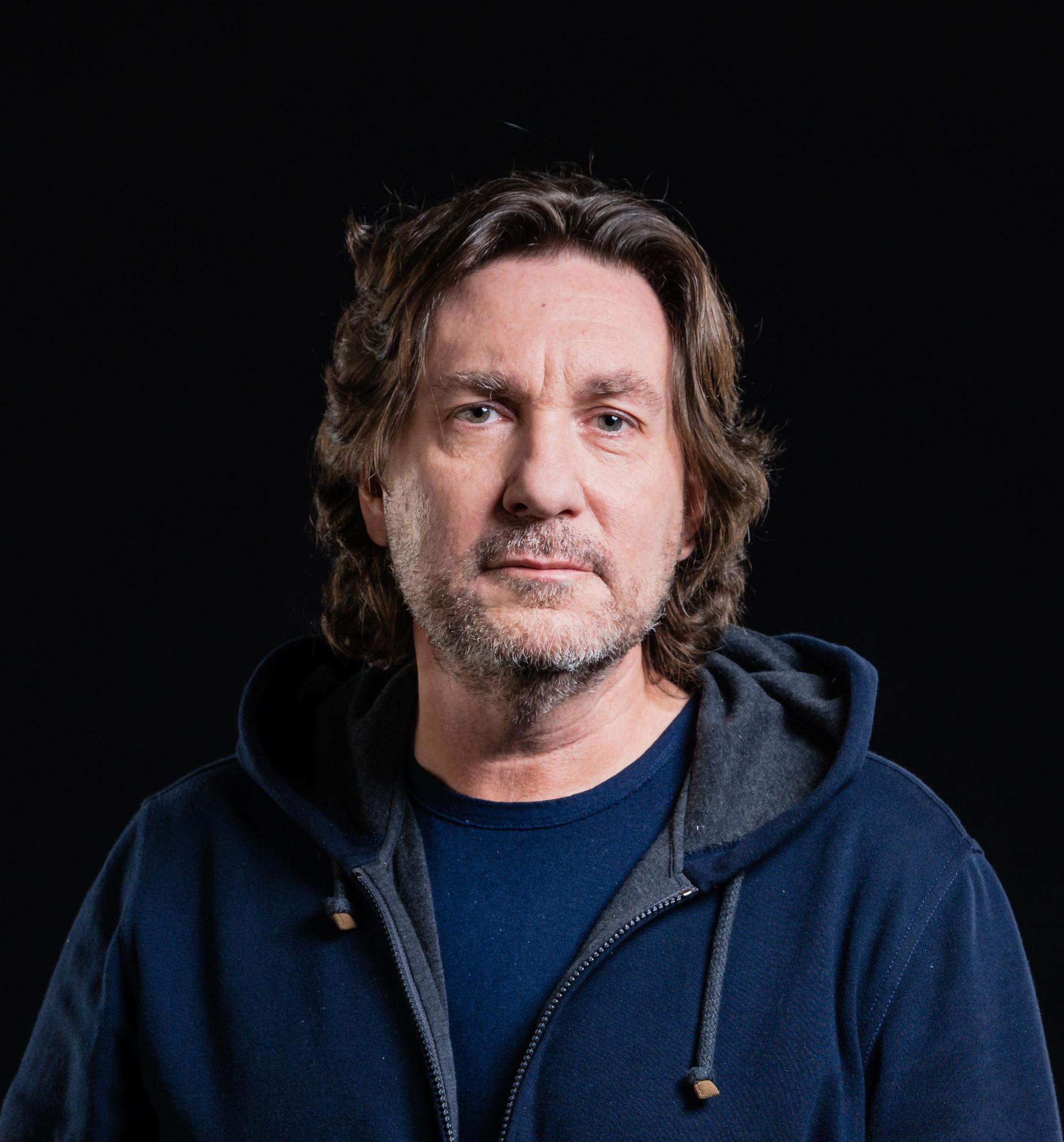Mariano Garcia-Valino of Axenya.
Tell us about yourself?
I have been active in health technology for close to twenty-five years, exploring the space from many different angles.
I have served as Founder on startups, as CEO of private and public companies, as director on a number of boards and as member of the investment team at private equity firms.
I have built ventures from the ground-up and worked with established companies of all sizes, from early-growth stage to global multinationals. I have closed over ten M&A deals, licensed some four dozen innovative molecules and raised about a billion dollars in capital.
As luck would have it, I’ve had a couple of substantial exits and the opportunity of taking our company public in one of Latin America’s largest ever healthcare IPOs.
I have an Engineering degree from Universidad de Buenos Aires and an MBA from the Harvard Business School, for which I proudly earned a Fulbright scholarship.
What do you think is the single biggest misconception people have when it comes to startups?
I believe the most crucial element you need to understand, and most startups do not, is exactly what market need you are serving.
Just because you build a business, even if it has a cool product, it does not mean you will have customers. It is crucial to engineer the path into the market.
The more crucial, the more disruptive your product is. I believe this is the single thing most companies that fail don’t get (and that is a staggering 90%):
it is more important to engineer the market entrance than to engineer your product.
Critical readings here are the classic “Crossing the Chasm”, by Geoffrey Moore and its sequel, “Inside the Tornado”. Other useful books are, of course, “Zero to one”, by Peter Thiel and a less known one named “The Cold Start Problem”, by Andrew Chen.
If you could go back in time to any moment from your journey, and give yourself one tip, what would it be?
Read more. The more you understand, the easiest your live will be. And this is coming from someone that reads over 50 books every year.
But if I went back, I would focus less on details and execution and more in understanding and thinking. Warren Buffett famously reads 500 pages a day and that is what he singles out as the one thing that leads to success. He says that’s how knowledge works — “it builds up like compound interest”.
What makes you stand out as an entrepreneur?
At this point, I believe, it is experience. You don’t find a lot of people in their 50’s that has done this three times before, two with substantial exits and an IPO.
It makes me less prone to the usual startup despair and anguish and more able to think from first principles and come up with out of the box ideas that most younger entrepreneurs would not dare to try, because they are following the standard path.
It is quite usual that I discuss with my brilliant investors and their feedback is “no company in your stage would do that” and my answer usually is: “90% fail in this market, who cares what they do? Let’s focus on the merit of the idea and not on what the playbook is”.
What are some of the best working habits you’ve gained over the past couple of years?
The pandemic forced us to learn how to work remotely, with flexible times, to lead without being able to directly control. This made me a much better leader and rewarded me with a much better team.
Give us a bit of an insight into the influences behind the company?
Axenya comes from a lot of ideas as what the future of medicine will look like and what is the right digital ecosystem to manage that future.
Influences are way too wide to mention, but McKinsey’s ideas on digital ecosystems are definitely a large one as well as Marcelo Rinesi’s Decentralized Medicine writings.
Where do you see your business in five years?
We expect to become the leading digital health ecosystem in Latin America, capable of delivering superior engagement, robust clinical results and unparalleled savings for our corporate clients and their employees by integrating cutting-edge software, state-of-the-art technology and humanized support.
What do you think the biggest challenge will be for you in getting there?
I believe we are ahead of our time, so in many ways we need to lead the cultural aspects of the market to understand what the future is.
Talk to us about your biggest success story so far?
Our merger with HealthCO is definitely the biggest step forward. Merging with one of the leading data-intensive insurance brokers in Brazil has allowed us to build the second piece of the puzzle.
The New Axenya marries the most advanced population data science with cutting edge, clinically proven, digital therapeutics.
The combination creates an unbeatable ecosystem, where we can gather data to analyze large populations, identify care gaps and create perfectly targeted individual digital plans for each person, improving clinical metrics and reducing cost across the entire spectrum.
How do clients and customers find you? Are you much of a salesperson for yourself?
I am not (laugh). Not at all, really. I am very much the archetypal nerd.
I spend a lot of time thinking, playing around with the product team and analyzing options.
I am my best discussing AI, mathematics or design. I cannot really sell much. Fortunately, my partner Beto Vianna is a master salesman. He is the one that handles communications, PR and our commercial efforts.
What one tip would you give to fellow startup founders?
Make sure your founding team complements you. Startups are difficult beasts, you never know where the path will take you.
You cannot imagine what your product or your market will look like in 12 months. Make sure you are prepared for everything with the best and broadest set of skills you can get.
And finally, what do you hope the future brings both you personally, and your business?
We have a bold mission — we expect to change the way we handle healthcare into a more efficient, personalized and clinically superior system.
I am not sure how much of that we will see in the next couple of decades, but my hope is a lot of it.




